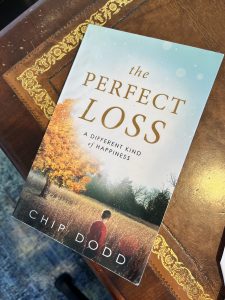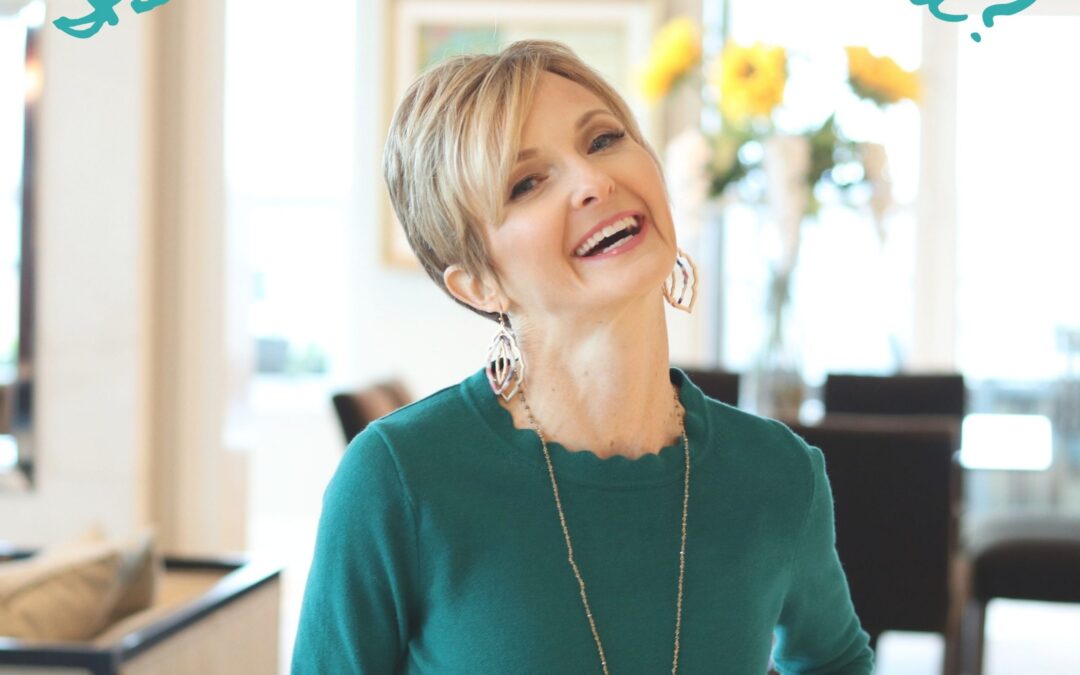Is Happiness Possible?
Lessons learned from The Perfect Loss.
Happiness is something we all seek. It’s something we pursue after on a daily basis. It is an innate search that exists within our humanness. The question I believe we want to know is how we get happiness in our lives. How?
Earlier this year I picked up a book by an author Chip Dodd, called The Perfect Loss. The title intrigued me. “How could there be a perfect loss?”, I thought to myself.

The Perfect Loss by Chip Dodd
In The Perfect Loss, Dodd has created a framework for living the Beatitudes. The Beatitudes were given to us by Jesus’ teaching – the sermon recorded on the mount of Olives. Jesus, through the Beatitudes, teaches us how to live a life of freedom, a life full and flourishing.
A full, flourishing and free life leads to a happy and fulfilled person.
But how can we have a fulfilled life and a loss at the same time?
The life-transforming answer to this question lies within an unassuming verse in Matthew 16 that says, “For whoever would save his life will lose it, but whoever loses his life for my sake will find it.” (Matthew 16:25)
This verse creates for us, as does the list of beatitudes, a great exchange. A happy, and fulfilled life comes from losing our life. It comes from the effort to let go of all we have been holding on to.
The goal of losing our lives, the goal of the beatitudes is this, “they hand us spiritual eyes of eternal focus and a transformative vision of heart.” (The Perfect Loss, pg viii)
As I began to read, I appreciated how Dodd looked at each Beatitude through a microscope and uncovered within each, tangible takeaways that focus on the impact of living the beatitudes.
When we are encountered by the hope that comes from these promises of living a life of freedom, fulfillment and happiness is that we try to control our way there. We try to fight for it out of our strength, to do what we think will get us there, instead of being the malleable clay in the potter’s hands.
Dodd in the, “Blessed are the Meek for they will inherit the earth” chapter, comments, “I was willing, but in my willingness to change, I took back over and just tried harder. Still, I was willing, but willingness that leads to reapplication of determination would certainly take me back to the same place.”
It was in this chapter and looking deeper into the role of meekness in our lives that I realized how much I long for control – even control over my own change. We are told that the Holy Spirit renews and makes new the hearts of men & women. Read Psalm 51:10 and Ezekiel 36:26.
And yet knowing this, still we try to push through change in our own strength. How tiring! How frustrating, like pushing a big ‘ol boulder up the mountainside.
A second chapter that was most impactful for me was the chapter on the beatitude, “Blessed are the peacemakers for they will be called sons of God.” I used to sort of skip over this beatitude. Not on purpose, but because I thought I was not good at it. In my life I am the one who often initiates change or says the hard things no one else wants to say, and people don’t like change or confrontation – and therefore…yup, not always the favorite.
Yet when I read this chapter it gave me hope and a new mindset that this isn’t a beatitude I can observe in others from the sidelines. No, this is a beatitude God has purposed for all of us. He calls all of us, no matter our gifts and callings, to be people who promote peace. Romans 12:18 says, “If it is possible, as far as it depends on you, live at peace with everyone.”
Live at peace with everyone. Seems like a tall order. Well, naturally it is. Left to our own skill, and power and position, it is nearly impossible. But with us as clay in the hands of a masterful potter we are able to live at peace.
I confess, I used to skip over this one, not only because I thought it didn’t apply to my gifting, but also because I thought it seemed passive. And I am not a passive person, I’m action oriented. I like getting things done and making things happen. Peace, if I’m honest, looked to me like putting duct tape on my mouth and sitting me in a corner.
Being a peacemaker is about being silenced and not having an opinion or even about sulking off into the background and being inactive.
Dodd’s words gave me a new perspective on peacemakers when he said, “We are reconcilers, whether participating in the repair of broken water pipes, the restoration of shattered lives or the recreation of a broken heart. Wherever we are not reconciling, we need to be replenishing or being recreated ourselves so we can get back to reconciling.” (pg 178)
Dodd helped me to see that being a peacemaker is a very active role. It is possible to usher in God’s peace wherever we go, no matter what our calling is. We don’t have to be in the PeaceCorps or working as an Ambassador or the Secretary of State to be a peacemaker. Being a peacemaker is for us all.
The final note I will leave you with from The Perfect Loss is this, “We can not do this life alone; though every human has his or her own walk to walk, we can not find life alone.”
We need each other to walk through the journey of this life. We need each other and we need a guide, who is Jesus. He shows us the way through His examples and teaching in the New Testament. And with the power of the Holy Spirit at work within us, true, lasting change is possible.
You can find more resources for your personal growth on my website.


Recent Comments